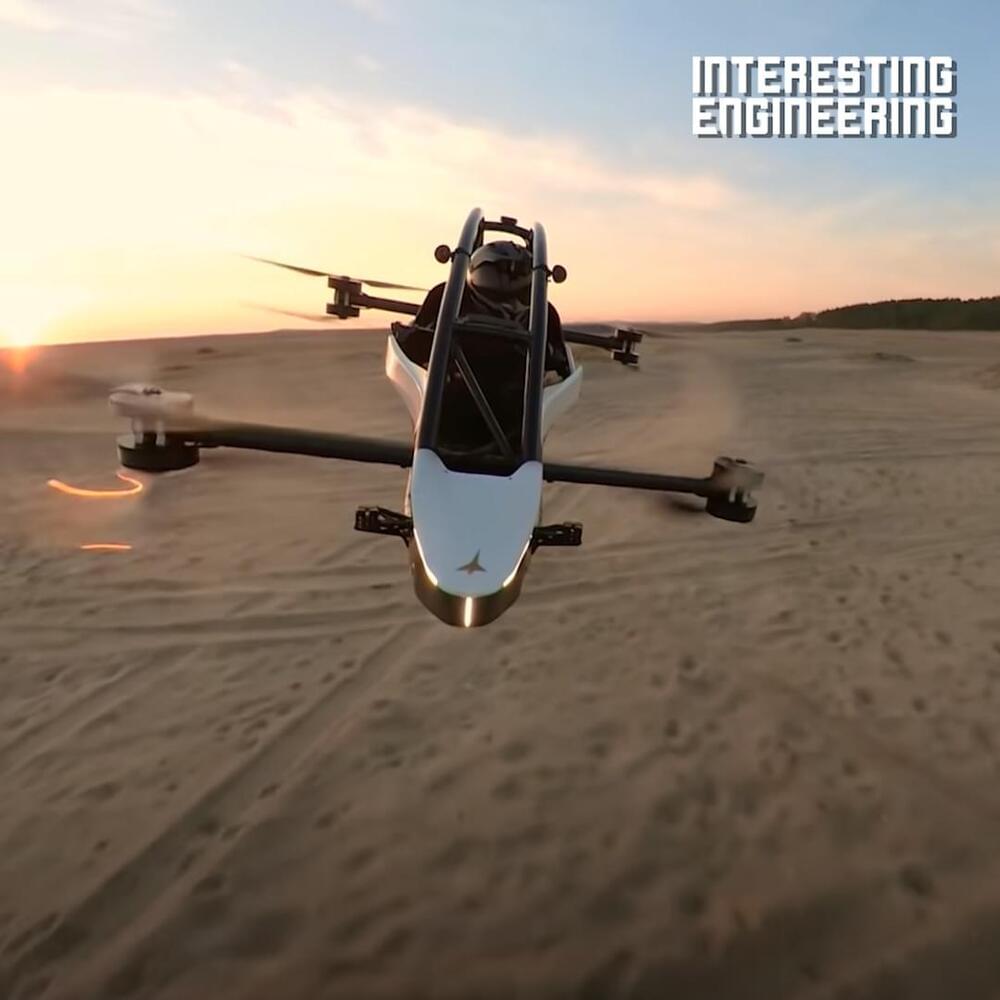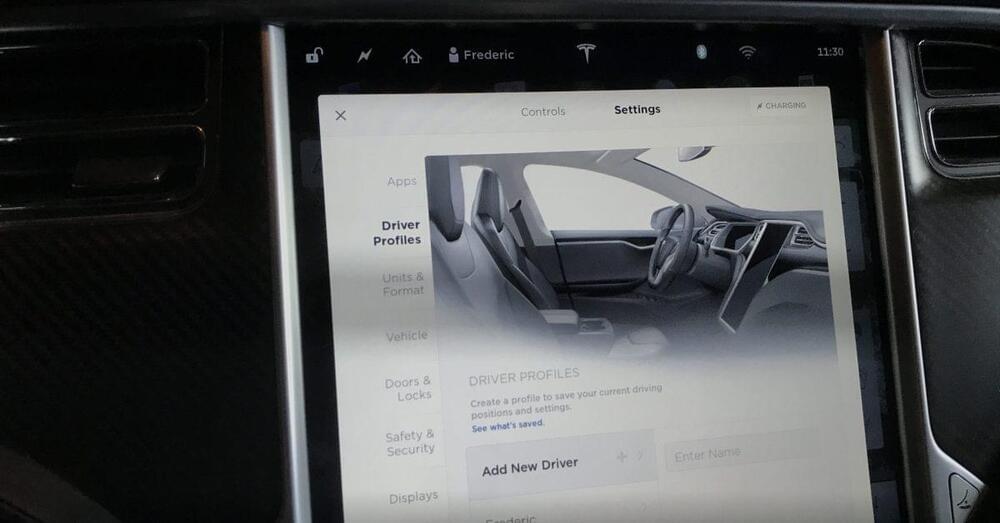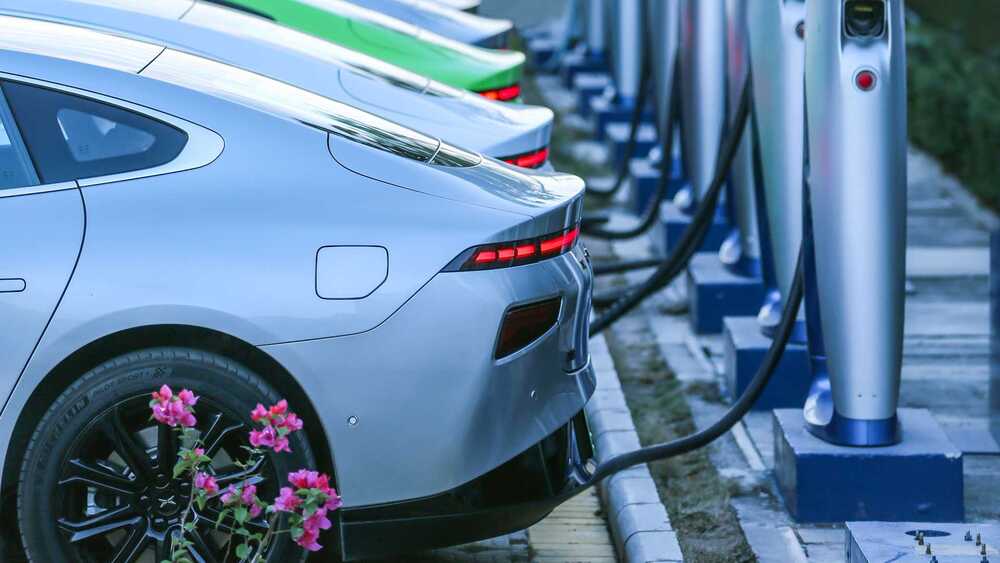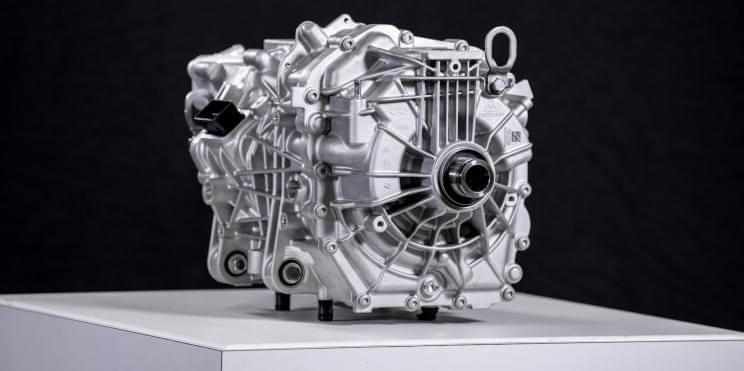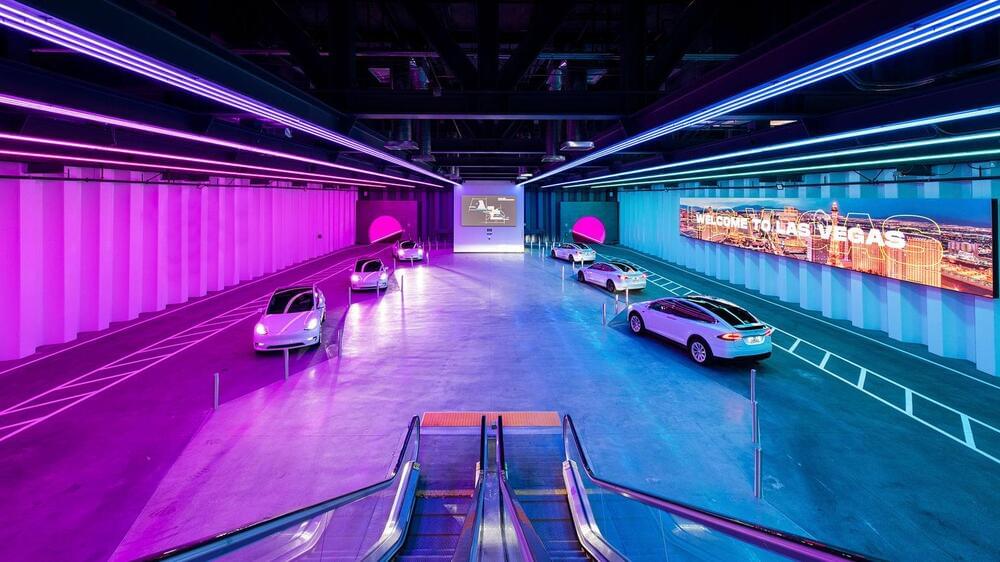It’s been a tumultuous 12 months for mainland China’s richest. Shifts in government policy covering the education and tech industries, along with worries about real estate debt, led to many of the country’s largest private-sector companies experiencing steep share declines. A government push to promote “common prosperity” saw tycoons and tech companies announce billions of dollars in donations to social causes.
Yet overall, China’s 100 Richest saw their collective net worth rise from last year’s list. Their total wealth increased to $1.48 trillion from $1.33 trillion a year earlier. Among the biggest gainers were those who benefited from increased sales at companies tied to green energy industries in which China is a global leader, such as lithium-ion batteries. China, the world’s largest auto market, also leads the world in EV sales. The minimum net worth to make the top 100 rose to $5.74 billion from $5.03 billion a year ago.
The second-biggest increase in wealth went to Robin Zeng, chairman of battery-maker Contemporary Amperex Technology, whose fortune increased to $50.8 billion from $20.1 billion last year. That earned him the No. 3 spot on this year’s list.

